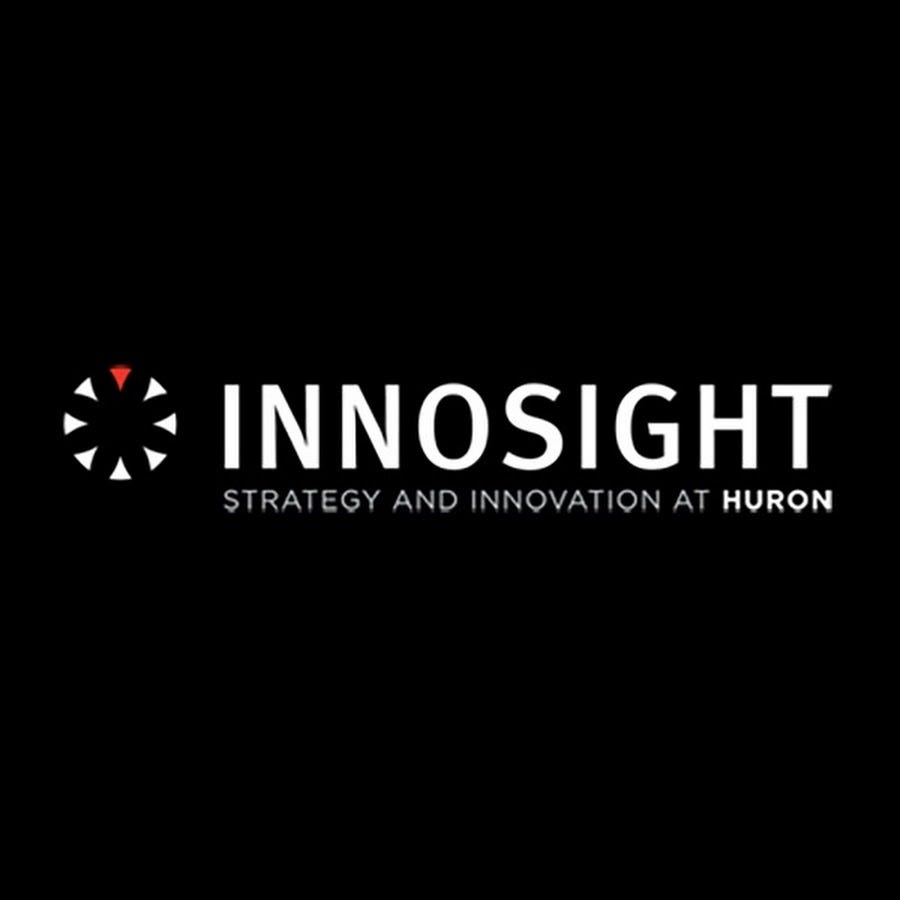How to Bomb Your Next Informational Interview
2 easy (and proven) steps that can ruin any informational interview. Results guaranteed.
My Michael Scott Moment…
Back in 2015 I had just been admitted to my MBA program and was sitting down in a large conference room with a few hundred freshly minted MBA students. The speaker that day was presenting something along the lines of How to Land Your Dream Job after Grad School. I’d always been somewhat of a note taking nerd and was copying almost line for line what he was saying, when all of a sudden I noticed that I had written the same word at least 13 times on a single page: Networking
At that moment, I realized two things: First, networking was clearly one of the most important things I should be doing to get a job I cared about. Second, I had no clue what “networking” meant.
I had spent the past 6 years surrounded by engineers (4 of those years as a manufacturing engineering major, and then 2.5 years as a medical device engineer). *Shockingly* (sarcasm fully intended) no one in the engineering college had ever once talked about networking. I don’t think I even had a career advisor or friend mention it once. Engineers tend to be very much the personality type who believe strongly in the ethos of “build great things, and they (jobs) will come”. Most Engineer jobs come by one of 2 ways: (1) simply applying to open roles on a company webpage and let the strength of your resume do the talking, or (2) get “discovered” for your work that is hosted online (ex: many engineers display examples of their builds / code on places like Github). Engineering interviews tend to be very technical. If you’re a great coder or designer in the interview, it holds a majority of the weight in the decision to hire or not.
The business school by contrast was a completely different animal. Networking seemed to be a ubiquitous term and something that everyone did. The problem was that I had no idea what it meant to network. I literally had to call up a 2nd year MBA student I respected and ask him if he could explain to me, like a 5-year old, what networking was and how I should do it. It was my ultimate Michael Scott moment.
Thankfully my friend was kind enough not to laugh too hard, and taught me the basics of how to do an informational interview.
Little did I know that informational interviews are perhaps the most common ritual of business culture. It’s how we get to know and build relationships with others (“expand our network” as those in the know would say), figure out what career paths are the best fit for us, get advice from those further down the road, and occasionally (if we’re lucky) get help landing our next role.
But this article isn’t about how to do informational interviews well. We’ve written about that previously (“6 essential steps of an info interview”). This instead is for those of you who (for some reason…) want to know how to absolutely bomb your next “coffee chat”. If that’s you, here are 2 very simple, tried and true methods for doing so! (both based on true events)
Step 1: Don’t Show Up! (Repeatedly)
A few weeks ago a friend of mine texted me to vent about the “new generation of MBA students” trying to network with her. At first I thought she was going to tell me that they only wanted to ask her to make a “cold call” job referral on their behalf without even trying to build a prior relationship. She said it was worse. They didn’t even show up!
An MBA student had emailed my friend (a very successful professional in her field) asking if they could chat for a few moments and get his advice on breaking into her field. She loves helping out others and readily agreed. They arranged a time and date, and had a calendar invite sent over. When she showed up to the appointment she waited for about 15 minutes before realizing that the student was going to be a no-show and left a little frustrated.
The next day she got a note from the student apologizing profusely and explained that they had simply forgotten about the appointment and asked if it would be possible to reschedule. My friend is the forgiving type and told them that wouldn’t be a problem at all. They rescheduled for the following day.
The next day the same thing happened. A no show.
By this time, my friend was legitimately bugged. When the student sent her a second note with the same excuse, she replied with a short, but simple message:
“I apologize for not being able to meet again, but after 2 no-shows I generally consider this unprofessional behavior. When you set up time with me and don't show up repeatedly, I don't feel that this is a valuable use of my time despite my desire to give back.”
I later learned that this experience had happened not once but twice with 2 separate students (!). And in talking to more of my peers, this is apparently increasingly common behavior, though I truly don’t know the cause.
It seems so simple, but the adage “you never get a second chance to make a first impression” never rings more true than when networking. Not showing up repeatedly is essentially a death blow to any sort of relationship you may intend to build.
I’ve become increasingly convinced of the impact of marginal habits in the workplace: sending good emails, pre-wiring people before meetings, sending thank you notes after interviews, etc. Simply being on time and showing up when you said you’d show up is one of these “small things” that can separate people in their careers.
Step 2: Ask the Wrong Questions
This story is a bit more personal. A few months after that MBA speaker session I mentioned at the beginning, I had identified a few companies on my dream job list. One of these was Innosight, a innovation focused management consulting firm founded by Harvard Business School legend Clayton Christensen (one of my personal and intellectual heroes). I decided I wanted to “shoot my shot” to see if I could make any inroads at building a network with the hiring team.
I was still extremely green to the whole “networking thing” and had only done perhaps 1-2 other informational interviews in my life. However, my uncle who lived in Boston was friends with one of Innosight’s founding partners and went out on a limb to make an introduction on my behalf. The partner agreed to chat with me for 20 minutes and we scheduled a time on a Saturday afternoon.
On the day of the call, I wrote down a list of questions that I thought (at the time) were good ones, and after introductions I began working down the list. Most of my questions were pretty generic (ex: “what are the pros and cons of working in consulting”).
The partner was kind and professional, but I could sense that he was somewhat bored by the conversation. By the time I wanted to get the stuff I was really interested in (ex: “how do you build a career in innovation consulting”? “What next steps should I take if I want to apply to Innosight”?) he interrupted me and said “I apologize, but I only had 20 minutes. I would have been happy to chat with you about innovation consulting, but we used all the time on generic consulting questions. I need to run now.”
That was the end of the conversation. I still cringe to this day thinking about how badly I wasted his time. Here was one of the world experts in a specific domain, and I spent all of our time asking questions I could have easily googled or gotten from someone less senior. It was a total waste of time: not only for him, but for me too.
Needless to say, I did not end up getting a job at Innosight…
If I could have gone back and had a redo I would have gotten right to the stuff that only he would know the answers to. Questions that would have shown that I had actually done my homework on his specific company and background, instead of questions that made him feel like I was just using him because I was too lazy to look up Google or Wikipedia.
I’ve gotten a lot better at info interviews since then, but that one still smarts.
The Bottom Line: Respect the Opportunity
Informational interviews are not just a box to check on the path to landing your dream job—they’re a powerful opportunity to build authentic relationships, learn from seasoned professionals, and even discover surprising career insights. But as with most things in life, they only work when you respect the opportunity.
So before your next coffee chat, take a moment to reflect on the stories above. Again, these are 2 fool-proof ways to bomb any upcoming info interviews you have. There are certainly other effective methods for self-sabotaging your efforts, but I find these to be quite effective.
However, if you’re interested in doing the opposite, you may find some of these articles helpful instead.





